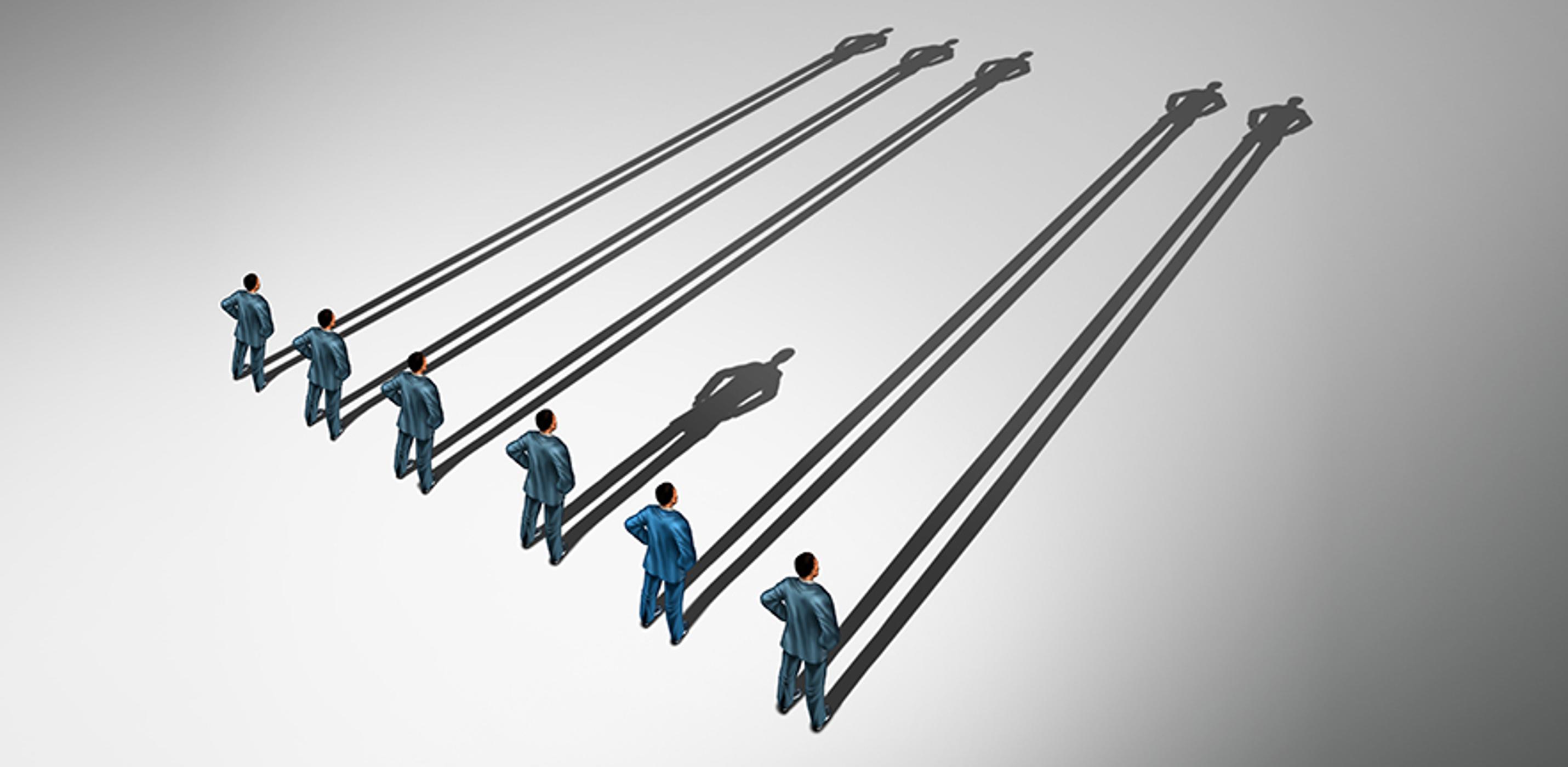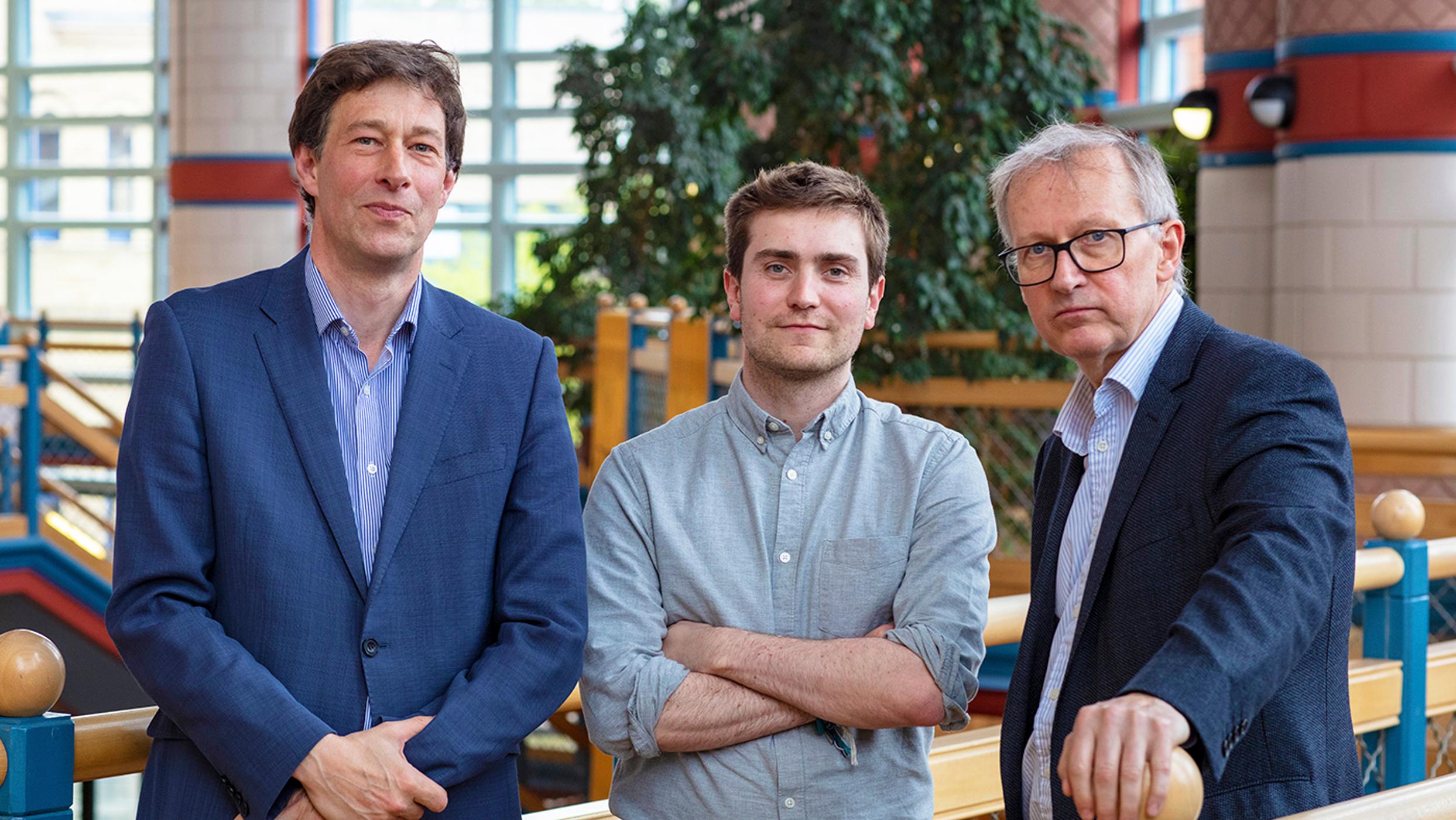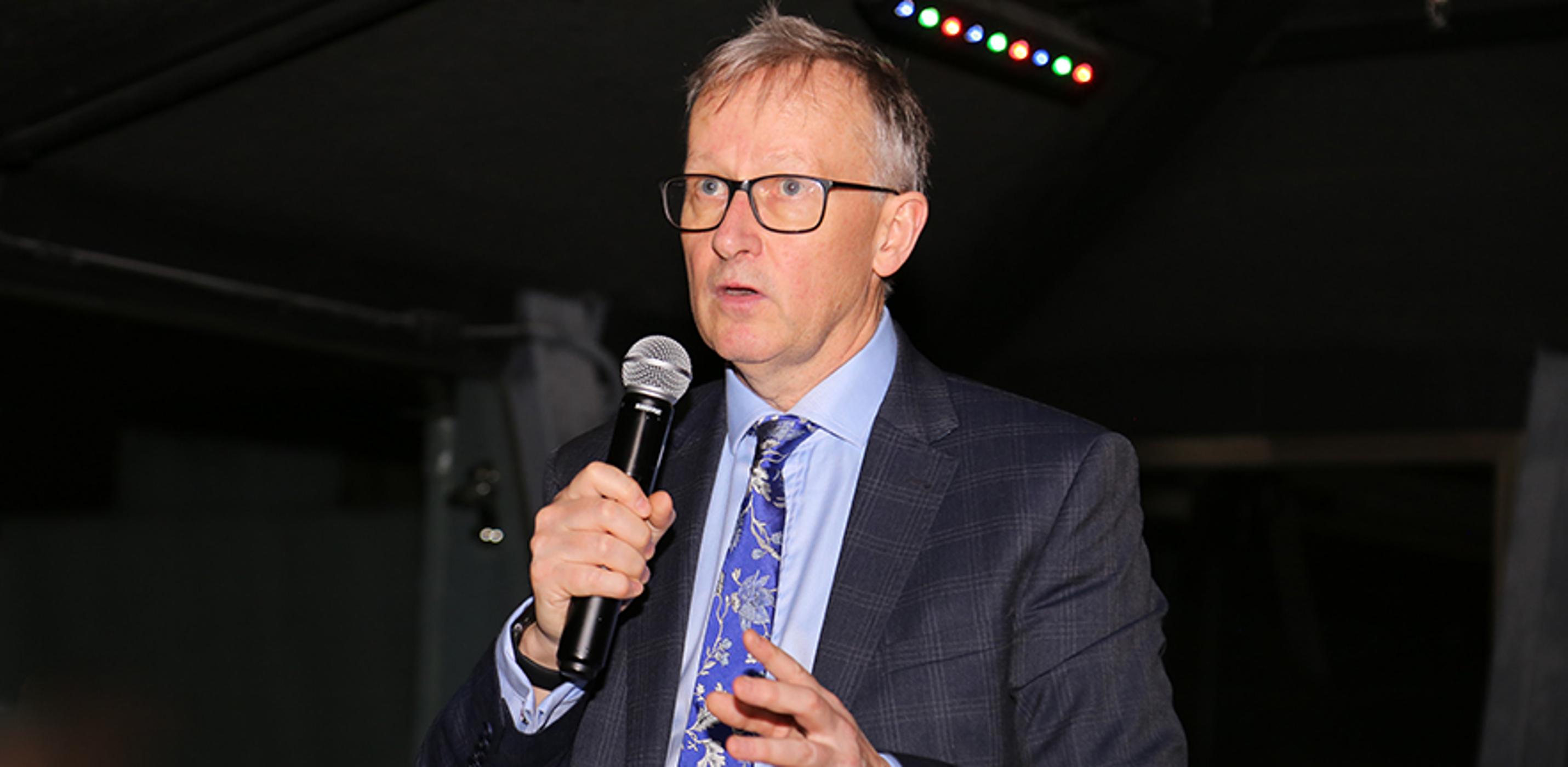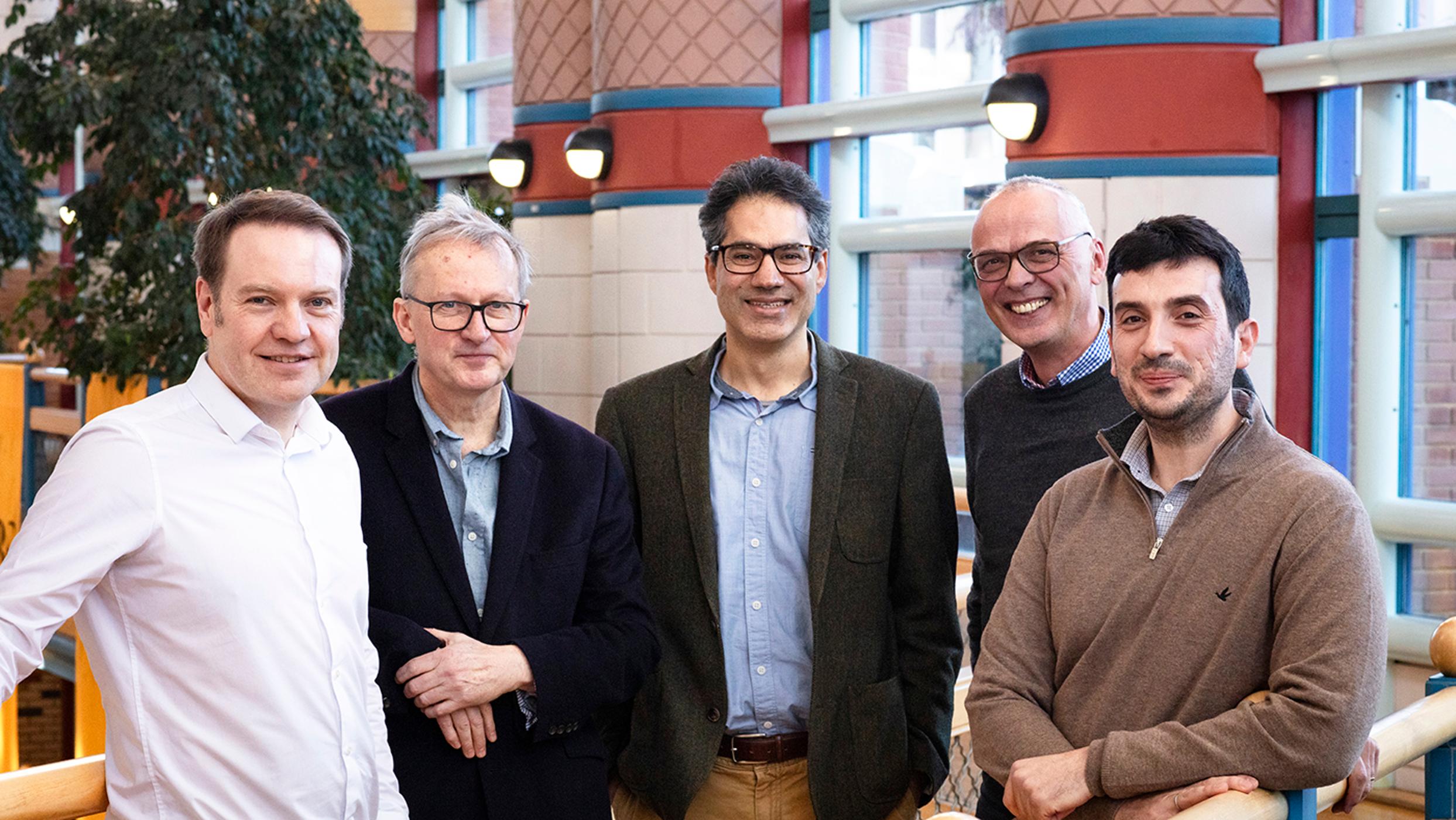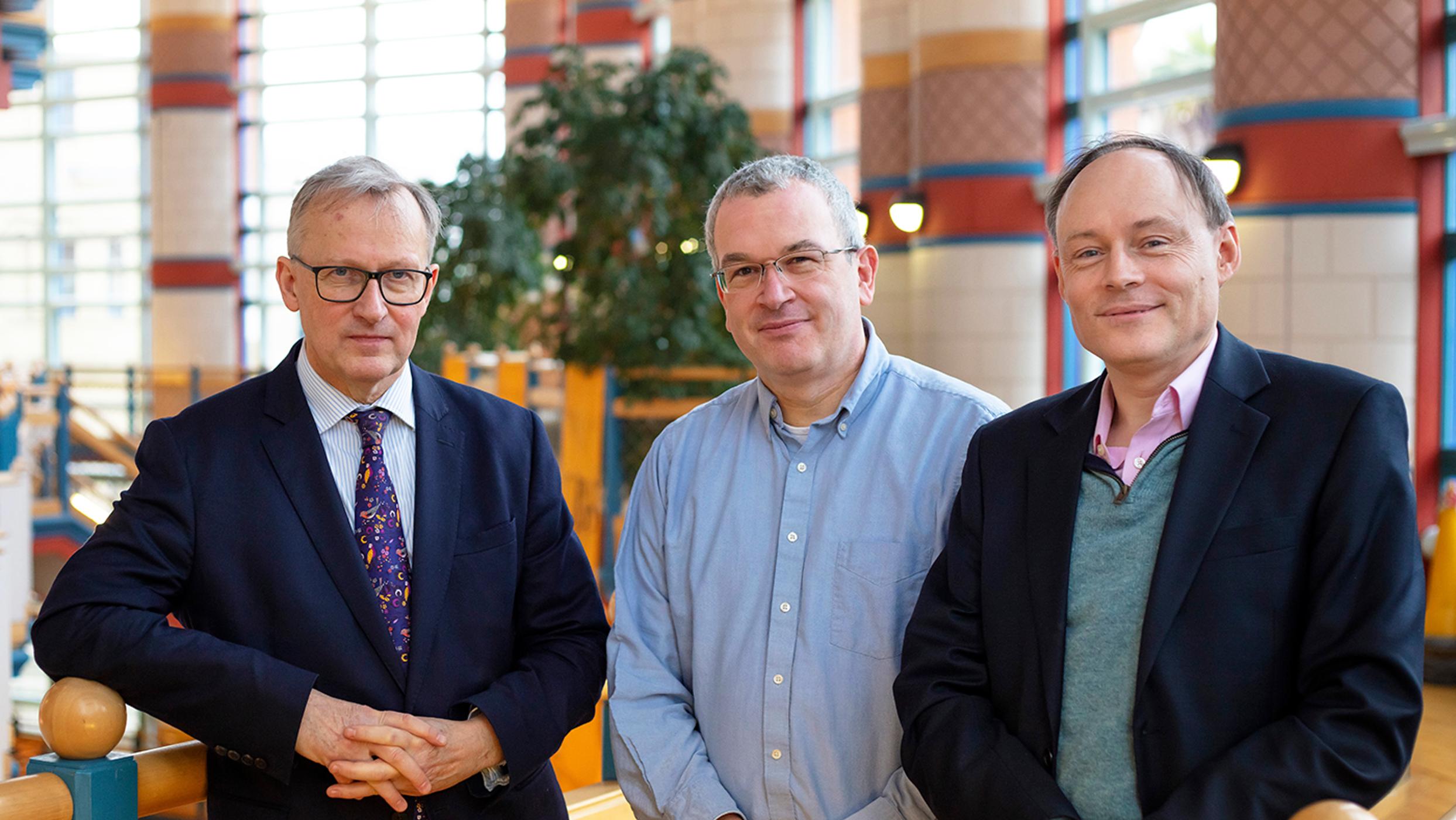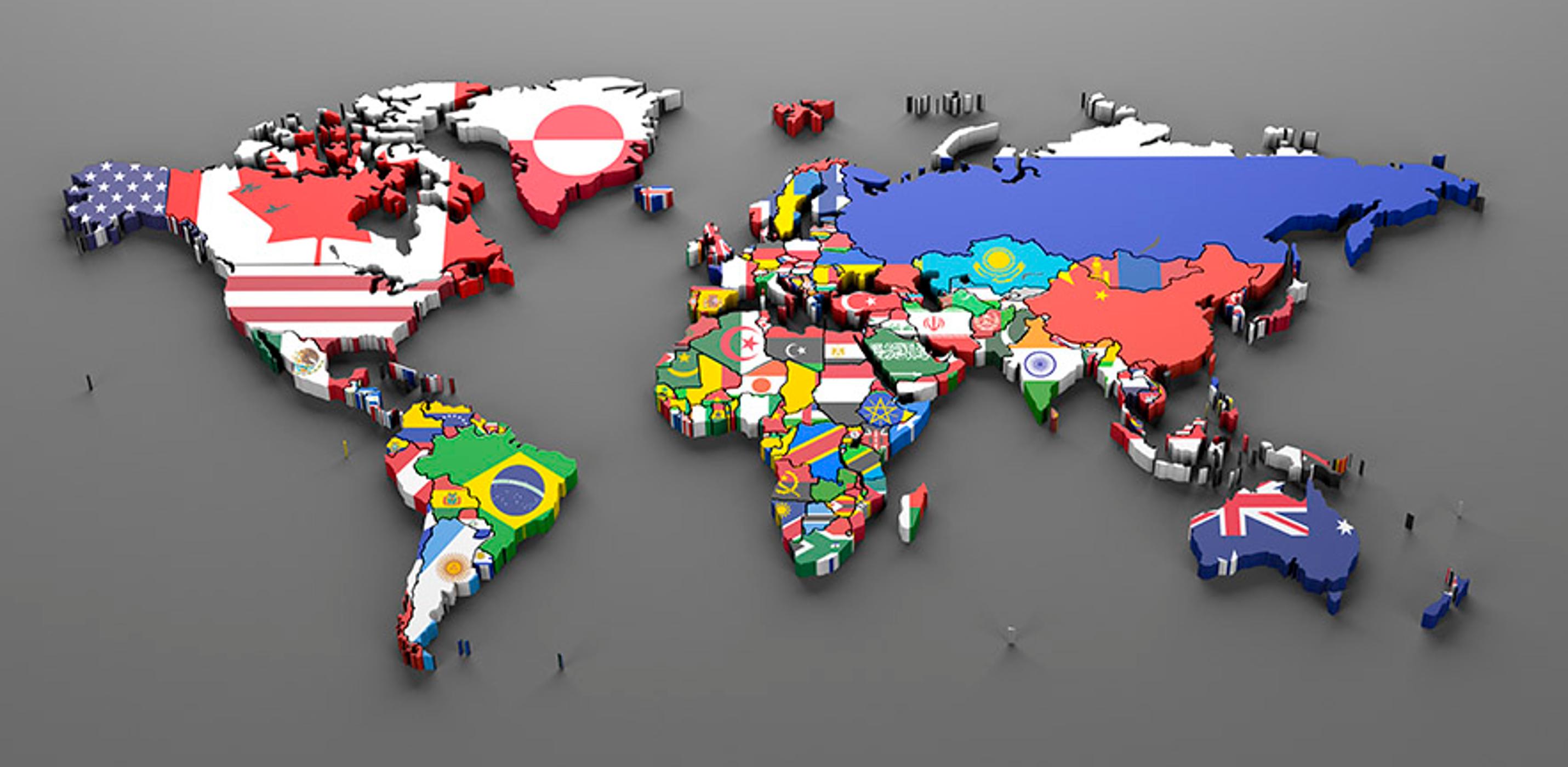Inequality (The Cambridge Judge Business Debate podcast series)
Update: 2018-03-07
Description
In this episode, joining podcast series host Michael Kitson, University Senior Lecturer in International Macroeconomics, are Cambridge Judge Business School’s Jennifer Howard-Grenville, Diageo Professor in Organisation Studies, Dr Kamal Munir, Reader in Strategy & Policy, as well as the Race & Inclusion Champion at the University of Cambridge, and Belinda Bell, Director of the Cambridge Social Ventures programme at CJBS’s Cambridge Centre for Social Innovation.
This is the second in a series of “Cambridge Judge Business Debate” podcasts featuring faculty and others associated with Cambridge Judge Business School and the broader Cambridge community.
The podcasts are designed to shed light on important topics within the broad research and teaching remit of Cambridge Judge Business School – including issues relating to management, trade, technology and the global economy. This second podcast focuses on the topic of Inequality.
Inequality has many dimensions and many alternative ways of measurement but in today’s podcast the panel focus on some of the economic aspects of inequality such as inequality in income, wealth and opportunities. They narrow their discussion to focus on inequality in the industrialised counties where income and wealth inequality has accelerated since the early 1980s.
For some, the growth of income and wealth inequality in the industrialised countries is the natural outcome of the operation of market forces and economic growth. This is not an argument that Michael Kitson finds convincing. Inequality is shaped by public policy and the forces of deregulation and capitalism unleashed since the early 1980s have created a widening divide in many advanced countries – particularly the United States.
Also, some argue that inequality is not a big problem. Inequality creates incentives and the benefits of economic growth will trickle down to the poorer groups in society. Again, this is not an argument that Kitson finds convincing as the argument seems to be that the rich are incentivised by higher incomes whereas the poor are incentivised by lower incomes. As for trickle down much of the evidence suggest that income and wealth does not trickle far on may even trickle up.
This is the second in a series of “Cambridge Judge Business Debate” podcasts featuring faculty and others associated with Cambridge Judge Business School and the broader Cambridge community.
The podcasts are designed to shed light on important topics within the broad research and teaching remit of Cambridge Judge Business School – including issues relating to management, trade, technology and the global economy. This second podcast focuses on the topic of Inequality.
Inequality has many dimensions and many alternative ways of measurement but in today’s podcast the panel focus on some of the economic aspects of inequality such as inequality in income, wealth and opportunities. They narrow their discussion to focus on inequality in the industrialised counties where income and wealth inequality has accelerated since the early 1980s.
For some, the growth of income and wealth inequality in the industrialised countries is the natural outcome of the operation of market forces and economic growth. This is not an argument that Michael Kitson finds convincing. Inequality is shaped by public policy and the forces of deregulation and capitalism unleashed since the early 1980s have created a widening divide in many advanced countries – particularly the United States.
Also, some argue that inequality is not a big problem. Inequality creates incentives and the benefits of economic growth will trickle down to the poorer groups in society. Again, this is not an argument that Kitson finds convincing as the argument seems to be that the rich are incentivised by higher incomes whereas the poor are incentivised by lower incomes. As for trickle down much of the evidence suggest that income and wealth does not trickle far on may even trickle up.
Comments
Top Podcasts
The Best New Comedy Podcast Right Now – June 2024The Best News Podcast Right Now – June 2024The Best New Business Podcast Right Now – June 2024The Best New Sports Podcast Right Now – June 2024The Best New True Crime Podcast Right Now – June 2024The Best New Joe Rogan Experience Podcast Right Now – June 20The Best New Dan Bongino Show Podcast Right Now – June 20The Best New Mark Levin Podcast – June 2024
In Channel

